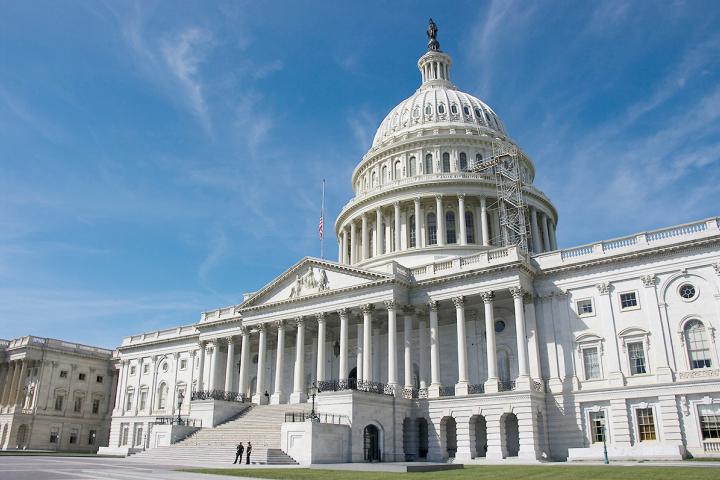
For over a decade, the Hindu American Foundation and the broader Indian American community has strongly advocated for an overhaul of the US immigration and green card system. As those years went by, the processing of applications, issuing of green cards or legal documents continued to get worse and the backlog continued to grow.
For someone from India applying today, the process as it currently stands could take about 50 years for an individual to receive his or her green card.
That is absurd and everyone, even folks on Capitol Hill from both parties, agree. That’s a good start, and organizations like Immigration Forum, HAF, and others have been working hand in hand to get legislators from across the political spectrum to agree to just a small portion of the larger and more controversial American immigration system.
Following the 2012-13 immigration talks in Congress, known to political observers of the “Gang of Eight” talks, in reference to the eight Senators (four Democrat and four Republican) who proposed a compromise solution to a comprehensive immigration reform deal that was ultimately unsuccessful. The outgrowth of that policy on Capitol Hill was to approach immigration reform in a piecemeal fashion, starting with areas where there is common ground and broad support on both sides and working from the middle out, issue by issue in separate bills.
Thus was born the Fairness for High Skilled Immigrants Act, which would eliminate the discriminatory country caps on green card applicants and make other functional changes to clear the decades-long backlog of applications and streamline the process for present and future applicants while reinforcing the system to efficiently administer the legal framework properly.
This bill has had success year over year, gaining in support, to the point that a version of the Fairness for High Skilled Immigrants Act has passed the U.S. House of Representatives in the 115th Congress (2017-18) and 116th Congress (2019-20).
In the last Congress, the bill was adopted 365-65, thanks to the leadership of lead sponsor Rep. Zoe Lofgren (D-CA), who has championed green card reform legislation in Congress for over a decade.
Last Congress, HAF in coordination with our partners at Immigration Forum and a network of interested stakeholders across the country worked together to move the bill in the Senate, moving closer and closer to the goaline. In fact, HAF prioritized the Fairness for High Skilled Immigrants Act during our 2020 Virtual National Advocacy Forum where we met with 10 US Senate offices and made substantial progress with key offices.
Senator Mike Lee (R-UT), lead champion of the legislation in the Senate, worked through countless revisions with several of his colleagues, Democrats and Republicans, to address their concerns and make the bill better.
There were times when we were making progress, and times where we thought we’d hit a wall. We went from fire to fire, jumped through this hurdle and the next one, back and forth with staff and community members and colleagues. Round and round, day and night, even weekends.
Ultimately, we reached a breakthrough with Sen. Rick Scott (R-FL), and in early December Sen. Lee went down to the floor, asked for “Unanimous Consent”, and hearing no objection, successfully passed the Fairness for High Skilled Immigrants Act in the US Senate for the first time ever.
This was a historic occasion, no doubt, but the work wasn’t finished. There were significant differences in the House and Senate passed bills that needed to be reconciled with only days left before Christmas. This was the hardest part of all, as they say, “the devil is in the details.” All the stakeholders worked hard and exerted maximum pressure on Congressional leaders to resolve the issues and get the bill over the finish line. Unfortunately, time ran out, and without an agreement on key points of contention, and the language was not included in the final government funding bill of 2020. We would all have to try again next year.
In closing, while we didn’t achieve the desired outcome, we made significant progress with the language of the legislation, broadened the support of Representatives and Senators, and passed the bill in the Senate for the first time ever. We made the bill stronger, better, and set the stage for the 117th Congress and incoming Biden-Harris administration where we will redouble our efforts to implement a new green card system that fairly meets the challenges of the 21st century.








































